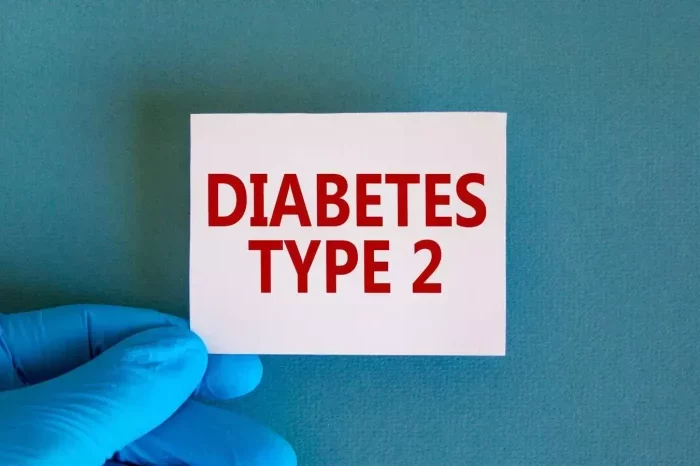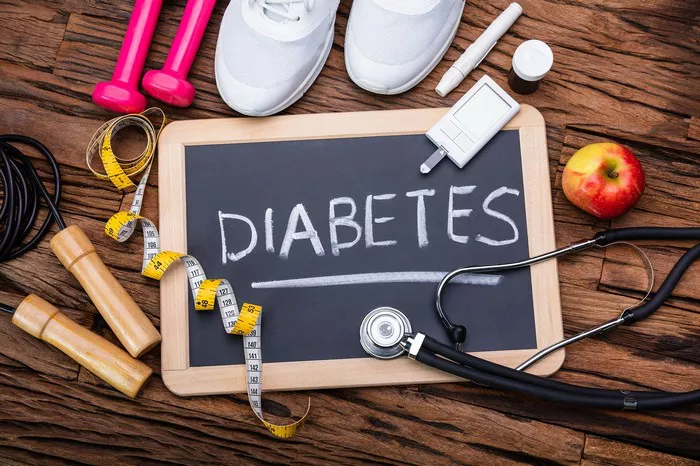Type 2 diabetes, a chronic metabolic disorder characterized by insulin resistance and relative insulin deficiency, has emerged as a significant public health concern worldwide. With its prevalence steadily increasing over the past few decades, understanding the multifactorial nature of its etiology is crucial for effective management and prevention strategies. In this article, we delve into the intricate web of factors that contribute to the development of type 2 diabetes, shedding light on both genetic predispositions and environmental influences.
Genetic Predisposition
While lifestyle factors play a significant role in the development of type 2 diabetes, genetic predisposition also plays a crucial role. Research suggests that individuals with a family history of diabetes are at a higher risk of developing the condition themselves. Several genes have been implicated in the pathogenesis of type 2 diabetes, with variations in these genes affecting insulin production, insulin sensitivity, and other metabolic processes.
One of the most well-studied genetic factors associated with type 2 diabetes is the TCF7L2 gene. Variants of this gene have been shown to increase the risk of developing the condition by impairing insulin secretion and increasing insulin resistance. Similarly, mutations in genes involved in pancreatic β-cell function, such as HNF1A and HNF4A, can disrupt insulin production, contributing to the development of diabetes.
Insulin Resistance
Insulin resistance, a hallmark feature of type 2 diabetes, occurs when cells in the body become less responsive to the effects of insulin. Insulin, produced by the pancreas, normally helps regulate blood sugar levels by facilitating the uptake of glucose into cells. However, in insulin-resistant individuals, cells fail to respond adequately to insulin, leading to elevated blood sugar levels.
Several mechanisms contribute to insulin resistance, including obesity, inflammation, and lipid accumulation in tissues such as the liver and muscles. Adipose tissue, or fat cells, releases pro-inflammatory cytokines and adipokines, which can interfere with insulin signaling pathways, promoting insulin resistance. Moreover, excess accumulation of lipid metabolites in tissues disrupts insulin action, further exacerbating insulin resistance.
Obesity and Sedentary Lifestyle
Obesity and a sedentary lifestyle are among the most significant modifiable risk factors for type 2 diabetes. Excess adiposity, particularly visceral fat surrounding abdominal organs, is strongly associated with insulin resistance and the development of diabetes. Adipose tissue dysfunction in obese individuals leads to the release of inflammatory mediators and adipokines, contributing to insulin resistance and impaired glucose metabolism.
Furthermore, physical inactivity exacerbates the metabolic abnormalities associated with obesity, impairing insulin sensitivity and glucose uptake by muscles. Regular exercise not only helps maintain a healthy weight but also improves insulin sensitivity and glucose metabolism, reducing the risk of developing type 2 diabetes.
Dietary Factors
Dietary habits play a crucial role in the development and management of type 2 diabetes. Consumption of a diet high in refined carbohydrates, sugars, and saturated fats can contribute to weight gain, insulin resistance, and dyslipidemia, all of which are risk factors for diabetes. Processed foods, sugary beverages, and excessive intake of red and processed meats have been linked to an increased risk of developing type 2 diabetes.
Conversely, a diet rich in whole grains, fruits, vegetables, lean proteins, and healthy fats can help prevent and manage diabetes. Fiber-rich foods help regulate blood sugar levels and promote satiety, while unsaturated fats improve lipid profiles and insulin sensitivity. Additionally, reducing the intake of added sugars and refined carbohydrates can help mitigate the risk of developing diabetes.
Gestational Diabetes
Gestational diabetes mellitus (GDM), a form of diabetes that develops during pregnancy, is another risk factor for the subsequent development of type 2 diabetes. Women who have had GDM are at a higher risk of developing type 2 diabetes later in life, as are their offspring. The mechanisms underlying this association are not fully understood but may involve insulin resistance, β-cell dysfunction, and genetic predisposition.
Women with a history of GDM should undergo regular screening for type 2 diabetes postpartum and adopt lifestyle modifications to reduce their risk. Healthy eating habits, regular physical activity, and weight management are crucial in preventing the progression from gestational diabetes to type 2 diabetes.
Age and Ethnicity
Age and ethnicity also play significant roles in the development of type 2 diabetes. Advancing age is associated with a decline in pancreatic β-cell function and an increase in insulin resistance, predisposing older adults to diabetes. Moreover, certain ethnic groups, such as African Americans, Hispanic/Latino Americans, Native Americans, and Asian Americans, have a higher prevalence of type 2 diabetes compared to Caucasians.
Genetic factors, lifestyle behaviors, socioeconomic factors, and access to healthcare all contribute to these disparities in diabetes prevalence among different ethnic groups. Culturally tailored interventions that address the unique needs and challenges faced by diverse populations are essential in preventing and managing type 2 diabetes within these communities.
Conclusion
Type 2 diabetes is a complex and multifactorial disease influenced by a combination of genetic, environmental, and lifestyle factors. While genetic predisposition plays a significant role, modifiable factors such as obesity, physical inactivity, unhealthy dietary habits, and gestational diabetes also contribute to its development. Understanding the underlying causes of type 2 diabetes is crucial for implementing effective prevention and management strategies, including lifestyle modifications, pharmacotherapy, and targeted interventions tailored to individual risk profiles. By addressing the root causes of type 2 diabetes and promoting healthy behaviors, we can work towards reducing the burden of this chronic condition and improving the overall health and well-being of populations worldwide.


























